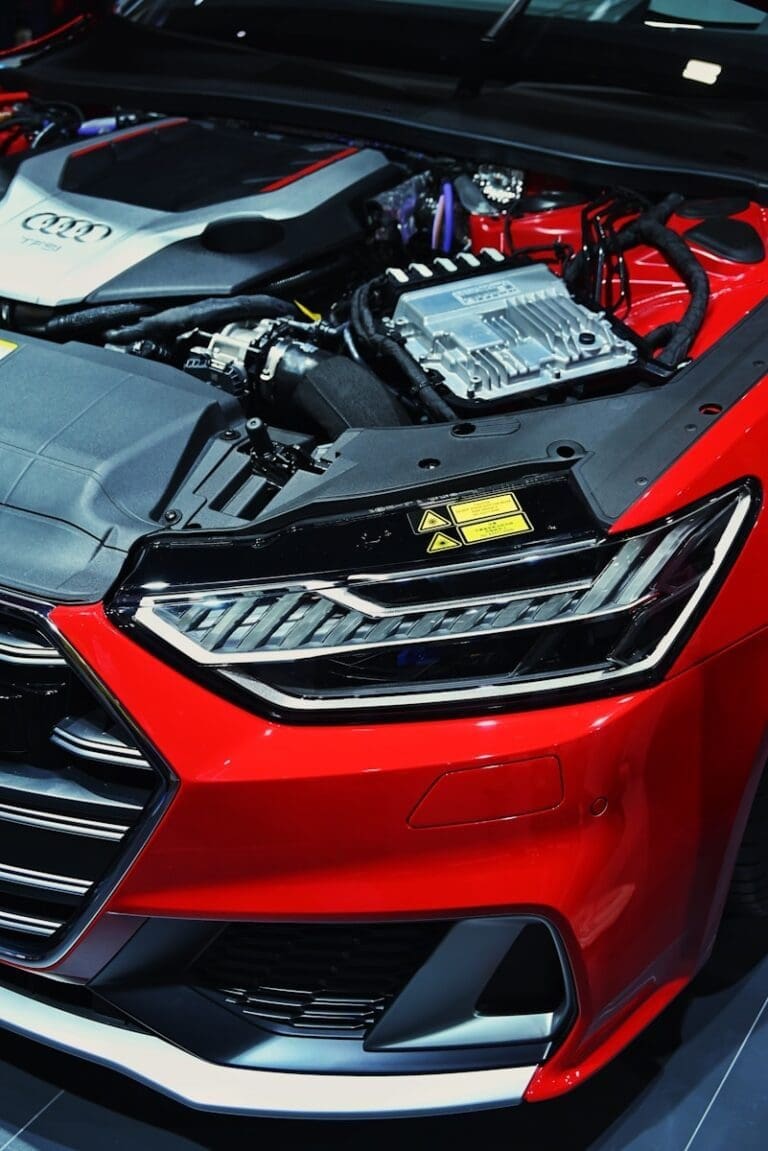If your car feels sluggish or isn’t pulling like it used to, don’t rush into a remap just yet. Low power can come from hidden faults that limit performance — and tuning a car with existing issues can make things worse. At Pro Remapping in Stoke-on-Trent, we always run full diagnostics before tuning. Here are the seven checks we recommend before any remap.
1. Check for Active Fault Codes
Table of Contents
ToggleYour ECU stores diagnostic trouble codes (DTCs) when it detects a problem. Common ones like P0299 (underboost) or P0101 (MAF sensor range) trigger limp mode and restrict power. A quick scan can reveal whether your car is running at full potential or being limited by a sensor fault.
Before tuning, get a full diagnostic scan so the remap starts from a clean, fault-free base.
2. Inspect Boost and Vacuum Hoses
Split or leaking boost hoses are one of the main causes of power loss. Even a small crack in a hose can cause air leaks, forcing the turbo to work harder and reducing boost pressure. Diesel vans like the Ford Transit or VW Crafter often lose 20–30 BHP due to simple pipe failures. We pressure-test all hoses during pre-remap checks.
3. Test MAF and MAP Sensor Readings
Faulty sensors are another hidden cause of poor performance. The MAF (Mass Air Flow) and MAP (Manifold Air Pressure) sensors tell your ECU how much air is entering the engine. If they send wrong data, fuelling and boost are reduced. Cleaning or replacing them can instantly restore power.
Learn more in our related guide: MAF & MAP Sensor Failure – Hidden Killers of Car Performance.
4. Examine the DPF System
A blocked DPF restricts exhaust flow and drops power. Fault codes such as P2002 or P2463 show that the filter is clogged or sensors are failing. Our off-vehicle DPF cleaning service removes soot build-up and restores normal flow.
Cleaning before tuning avoids poor fuel economy and unnecessary turbo strain, helping your remap perform as it should.
5. Check AdBlue & NOx Systems
Modern diesel cars cut power when there’s an AdBlue or NOx issue. Common codes include P20E8, P204F, and P20EE, especially on Peugeot, Citroën, and VW vans. These faults must be cleared before a remap — otherwise, the ECU will limit torque output and fuel delivery.
For more detail, read our article: Is AdBlue Delete Legal in the UK?
6. Inspect the EGR Valve and Intake System
Over time, EGR valves and intake manifolds collect carbon deposits that restrict airflow. Symptoms include rough idle, poor throttle response, and black smoke. We carry out intake inspections and EGR cleaning to make sure the engine breathes freely before tuning.
7. Fuel System & Injector Health
Uneven combustion or low fuel pressure can also cause weak performance. Worn injectors or clogged filters lead to poor torque and vibration. Before any remap, we measure rail pressure and injector balance to confirm your engine can handle extra power safely.
Bonus: Get a Baseline Power Reading
A BHP check by reg gives a clear baseline for your car’s performance. We compare before-and-after readings so you know the real gains achieved from the remap.
Final Thoughts
Low power doesn’t always mean your car needs a remap — sometimes it just needs the right diagnosis. At Pro Remapping, we combine expert diagnostics with genuine tuning tools to make sure your car runs perfectly before increasing performance.
Book Your Diagnostic & Remap Today
If your car feels down on power or you’re planning a remap, book a check with our mobile or garage team in Stoke-on-Trent.
Call 074040 22260
or Book online at proremapping.com



